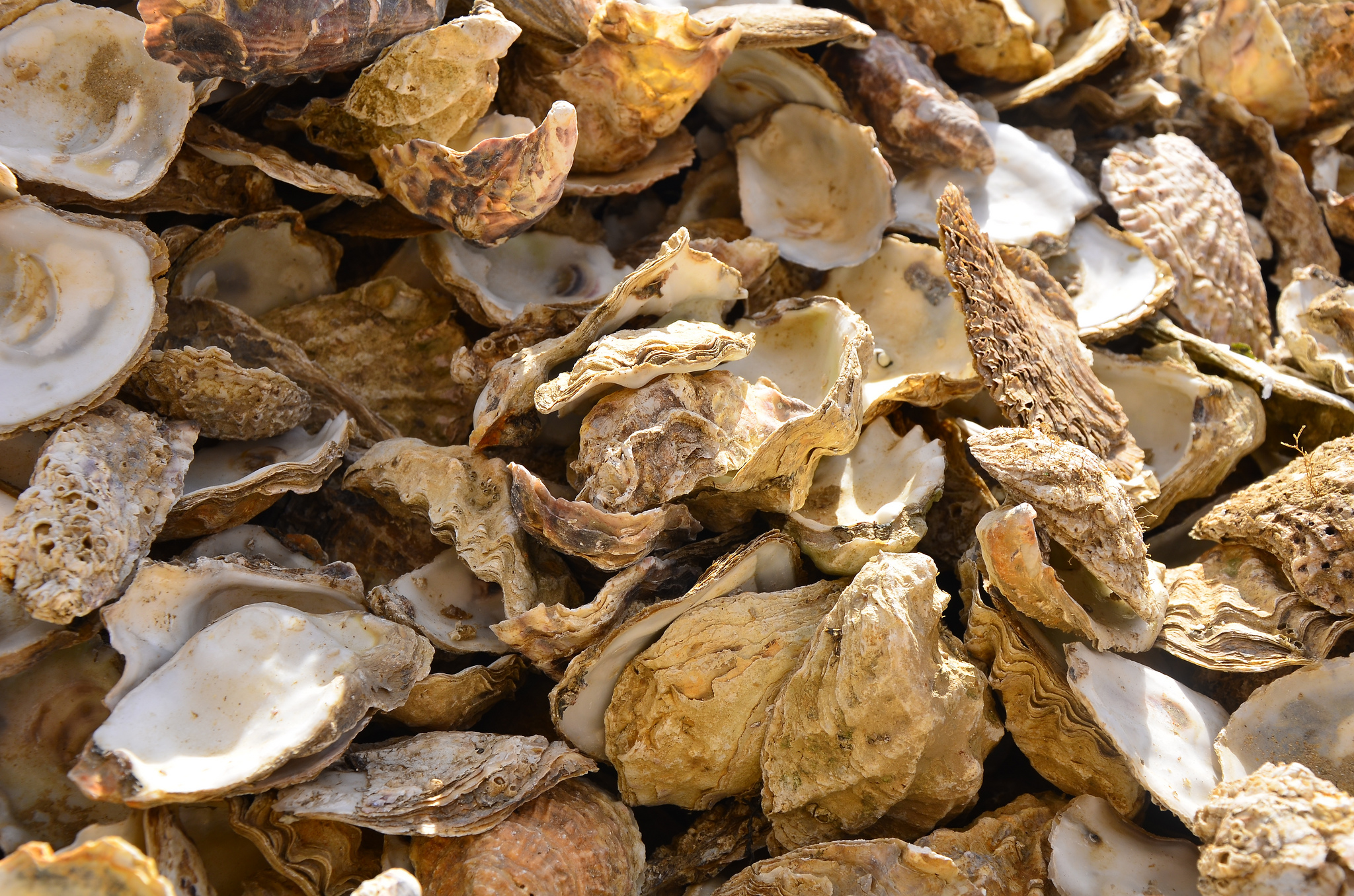First there was Hurricane Ike. Then the Deepwater Horizon oil spill. Then a serious drought, followed by another smaller oil spill in the Houston Ship Channel. Combine all of that with a seemingly insatiable demand for fresh oysters and you have a classic case of short supply, inflated prices and the temptation for oyster fishermen to bend the rules.
Lance Robinson manages the Coastal Fisheries division of the Texas Parks and Wildlife Department. He said a legal sack of oysters weighs 110 pounds.
“In the absence of live oysters, some of the fishermen are adding dead shell into that sack to make up that difference, make up that weight,” said Robinson. “And we’ve heard reports from industry, from dealers that sometimes they’re seeing as much as half of the sack has been filled with just dead shell.”
That’s why the TPWD is proposing a new rule to make it illegal for more than 15 percent of the bag to be composed of dead shell and undersized oysters. Robinson said besides the ethical concerns, there’s also an environmental reason to limit the amount of shell allowed in the sack.
“Oysters are not only a valuable seafood resource of the state, but they also are an important habitat. They are their own habitat,” Robinson said.
So every time a fisherman throws a dead shell into the sack instead of throwing it back onto the reef, he’s essentially endangering next year’s oyster crop.
Lisa Halili and her husband Johnny, own Prestige Oysters in Dickinson. They buy directly from the fishermen and then supply oysters to restaurants and grocery stores. Halili said she doesn’t think very many fisherman are abusing the system, but she said this new rule will help the entire industry.
“Any shell substrate, meaning like empty shell, or shell that’s attached to an oyster, it needs to be broken off and retained back on the reef,” said Halili. “And the industry supports this, this is supported among fishermen, this is supported among dealers.”
Texas Parks and Wildlife is holding a series of meetings in coastal communities to take public comment on this proposal and another one on shrimping regulations.














